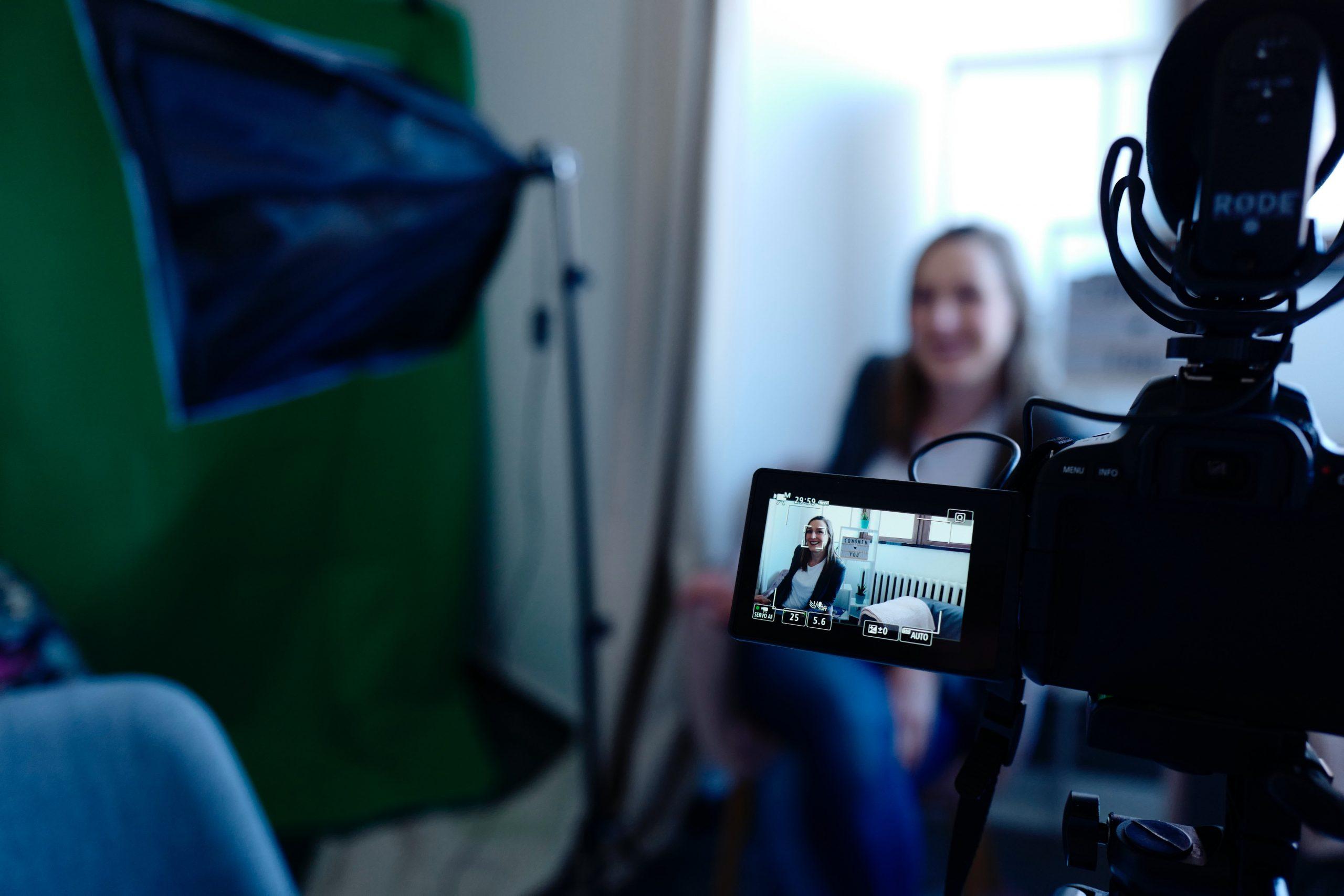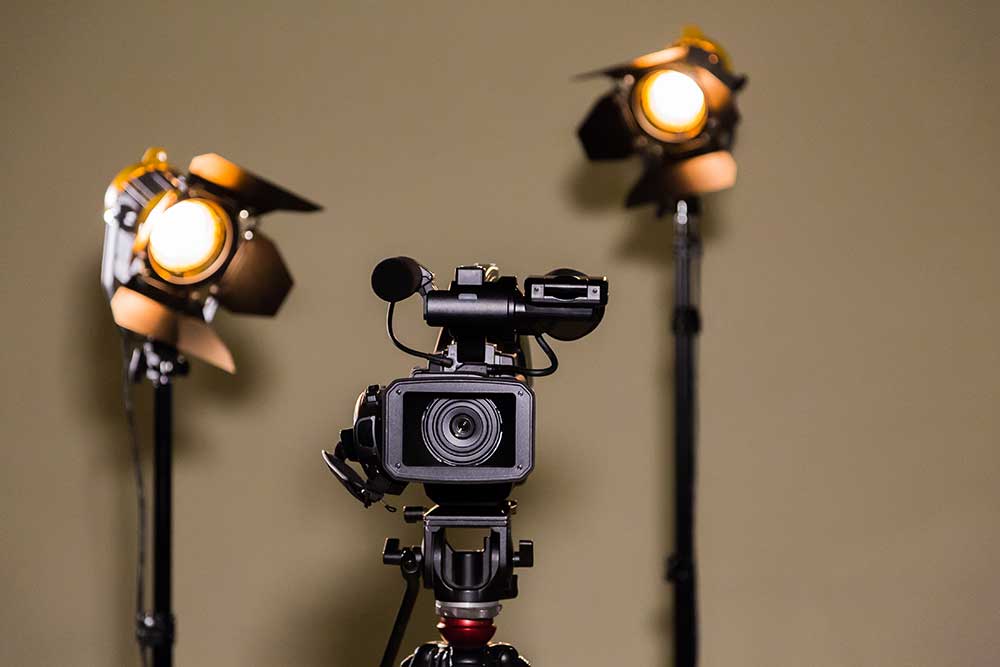Reliable Legal Videography for Courtroom Success.
Reliable Legal Videography for Courtroom Success.
Blog Article
The Duty of Lawful Videography in Depositions and Tests
Legal videography has emerged as a necessary device in both depositions and trials, supplying a diverse technique to recording witness statements. By catching not only the spoken word yet additionally the nuances of non-verbal communication, this tool improves the reputation of statements and preserves critical evidence for future process (legal videography). As attorneys progressively acknowledge its worth, it prompts a deeper assessment of just how these visual records can influence juror perceptions and test results. What effects might these advancements hold for the future of legal method?

Importance of Legal Videography
Lawful videography plays a pivotal function in the paperwork and discussion of depositions and trials. This specific area incorporates technical skills with legal expertise to create a trusted record of proceedings that can substantially affect case outcomes. The visual element of lawful videography boosts the understanding of witness testimony, enabling jurors and judges to observe not just the talked words but also the attitude, feelings, and body movement of the witnesses.
On top of that, lawful videography gives an unbiased account of occasions, decreasing the possibility for false impression that can take place with created records alone. This aesthetic documents works as a crucial tool during trial presentations, facilitating a more clear and even more influential story for both plaintiffs and defendants. Additionally, the ability to replay video sectors throughout court procedures enables legal groups to highlight bottom lines, enhancing their disagreements efficiently.
The importance of lawful videography extends beyond the court room; it likewise plays a vital duty in protecting proof for future recommendation, whether for allures or additional legal activity. As such, its integration right into the lawful process is important for making sure a reasonable and accurate representation of the facts, inevitably contributing to the quest of justice.

Process of Legal Videography
While catching the subtleties of depositions and tests, the procedure of legal videography involves a number of essential steps that guarantee top notch, exact recordings. Initially, an expert legal videographer prepares by examining the instance products and understanding the particular demands of the deposition or test. This preparation includes familiarizing themselves with the participants and the context, which aids in capturing relevant details.
On the day of the recording, the videographer establishes the necessary equipment, which generally includes high-definition cameras, microphones, and proper lighting. Ensuring optimum angles and audio top quality is critical, as it straight affects the efficiency of the recording. The videographer communicates with attorneys and individuals to develop procedures, guaranteeing that everyone understands the recording procedure.
Throughout the deposition or trial, the videographer meticulously records the process, paying close focus to both verbal and non-verbal cues. This consists of catching the behavior and reactions of witnesses and lawyers. After the session wraps up, the videographer may modify the video footage for clarity and conformity with lawful standards, generating a last product that properly shows the proceedings for future referral and use in lawful contexts.
Advantages in Depositions
The incorporation of videography in depositions supplies many advantages that boost the overall procedure of gathering proof. One main benefit is the capacity to catch witness testimonies with aesthetic and auditory integrity, supplying a more exact representation of the witness's disposition, tone, and body language. This multidimensional technique allows lawyers and courts to examine trustworthiness more successfully than traditional written records alone.
Additionally, videographed depositions serve as an effective device for maintaining testament. Should a witness ended up being unavailable for test, their tape-recorded deposition can be played in court, making certain that their proof continues to be available and appropriate. This facet substantially lowers the risk of shedding critical information that might affect case outcomes.

Lastly, videography enhances the overall professionalism and reliability of the deposition process, instilling confidence in clients concerning the thoroughness of their legal representation (legal videography). By leveraging technology, lawyers can significantly boost the performance of depositions
Influence on Tests
In numerous trials, the integration of videography can dramatically affect the presentation of evidence and the court's assumption. Legal videography captures witness testaments and essential evidence in a vibrant style, enabling jurors to engage with the material on numerous degrees. This visual part enhances the storytelling facet of a trial, offering context and emotional vibration that traditional text-based proof might do not have.
Moreover, video recordings can function as effective tools for impeachment throughout cross-examination. When inconsistencies develop in between a witness's prior statements and their courtroom testament, video clip evidence supplies an unbiased recommendation that can sway jurors' viewpoints. This immediacy and clarity can strengthen the reputation of a celebration's story while all at once undermining opposing debates.

Future Trends in Legal Videography
As we look towards the future of lawful videography, numerous arising patterns guarantee to reshape its function within the court. One considerable trend is the integration of synthetic intelligence (AI) in video analysis and editing. AI can streamline the process of recognizing vital minutes in taped depositions, enabling attorneys to rapidly access relevant content, therefore boosting effectiveness in situation preparation.
Additionally, the surge of online reality (VR) and boosted truth (AR) innovations is expected to change exactly how jurors experience evidence. legal videography. By submersing jurors in a substitute atmosphere, these technologies can give an extra profound understanding of complex circumstances, causing more enlightened considerations
Furthermore, the increasing need for remote depositions, accelerated by the COVID-19 pandemic, will likely proceed. Legal videographers will require to adapt to brand-new software application and platforms to make certain top notch recordings in virtual setups.
Last but not least, the growing focus on data protection will require stricter procedures for storing and sharing video clip evidence. As the lawful landscape advances, legal videographers have to Get More Information stay abreast of these fads to preserve their relevance and efficiency in the judicial procedure.
Final Thought
In recap, legal videography offers an essential function in the judicial procedure, boosting the integrity of depositions and trials. As modern technology proceeds to progress, lawful videography is positioned to more transform its role within the legal landscape.
Report this page